What Foods You Can’t Microwave
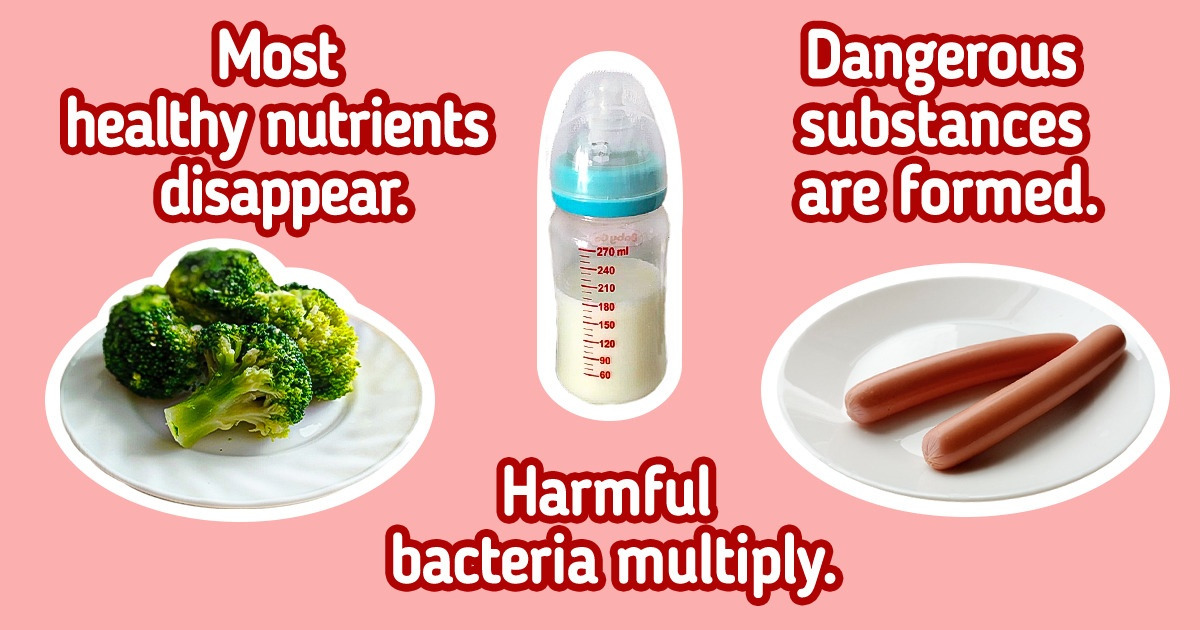
Microwaves make our life so much easier by helping us heating and cooking food quickly. But not all foods can be microwaved. Some foods can be ruined by electromagnetic waves.
5-Minute Crafts would like to tell you about what foods you should never microwave.
Broccoli
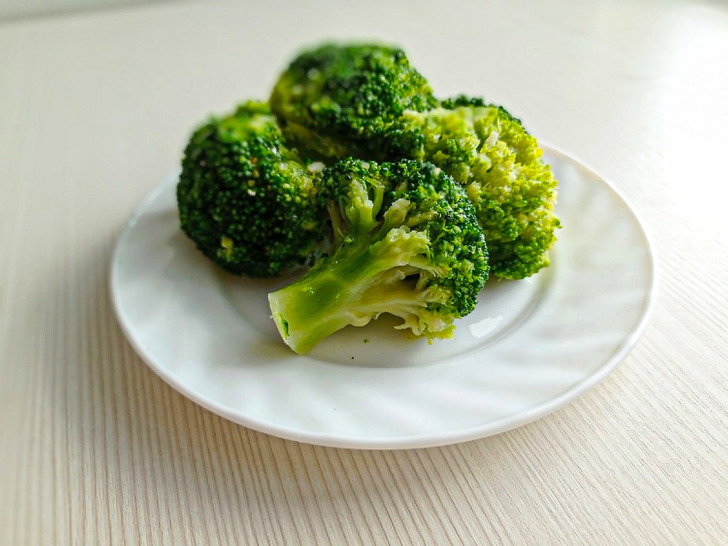
Long microwaving of broccoli can remove 97% of the flavonoids — useful compounds with anti-inflammatory benefits. That’s a third more damage than done by boiling.
It’s worth noting that short microwave heating broccoli (for 1 minute) doesn’t compromise nutritional content, and steaming in a microwave can even increase the content of most flavonoids. However, provided that there is either no water, or very little of it.
Breast milk
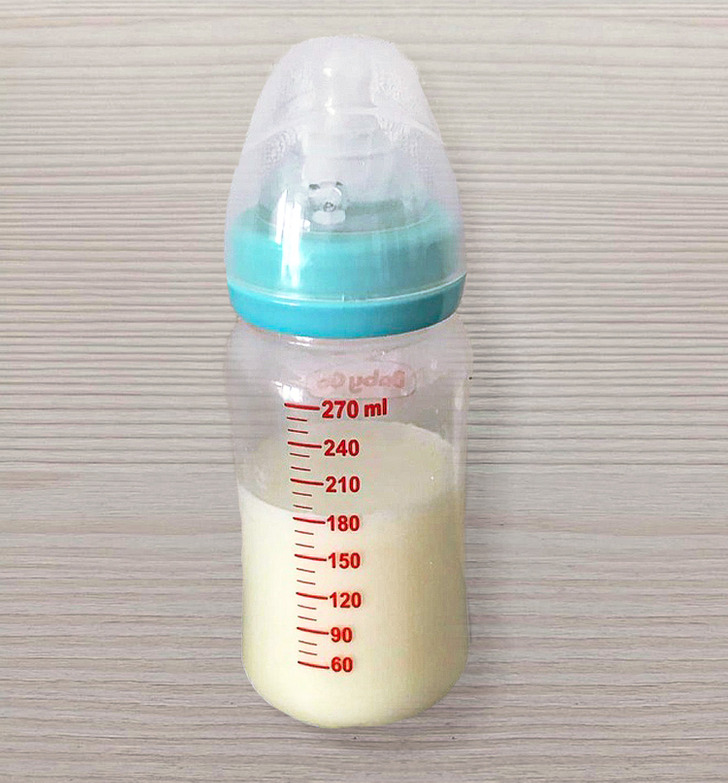
Scientists proved that if breast milk is heated by microwave for only 30 seconds, this leads to the growth of E. coli and the breakdown of the antibacterial enzyme lysozyme. Even microwaving at low temperatures promotes the growth of harmful bacteria, and heating milk at high temperatures enhances the growth of E. coli by 18 times.
Also, if heated by microwave, breast milk can be heated unevenly. This is worth remembering, because a baby can get burned.
Rice
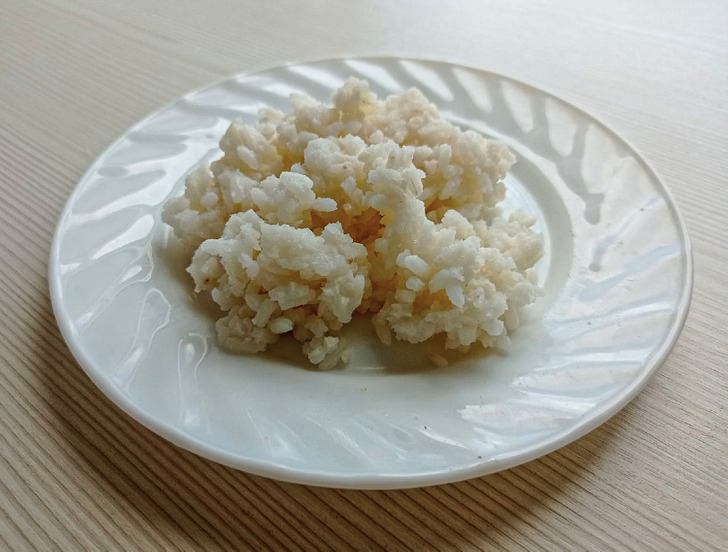
Uncooked rice may contain traces of the bacterium Bacillus cereus which can survive in food after cooking. If the rice is kept at room temperature for a long time or in the fridge for more than a day, it can become toxic due to the multiplication of these bacteria.
If you really need to reheat rice, make sure that the temperature is 165 F or higher, otherwise eating microwaved rice can lead to poisoning. Never reheat rice more than once.
Hot peppers
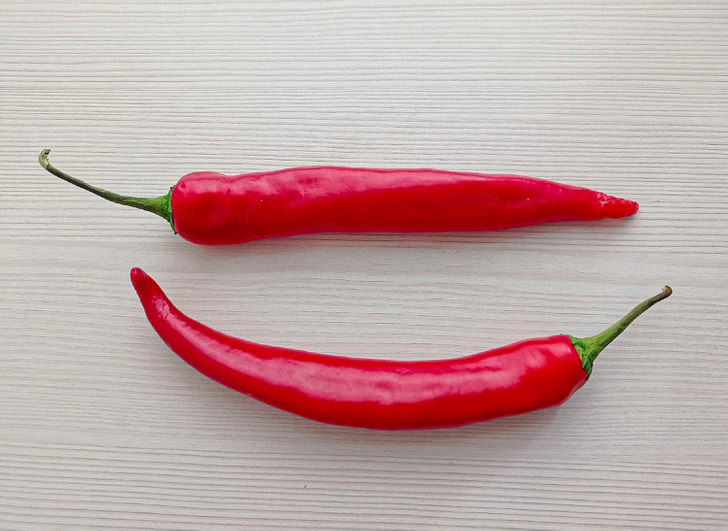
When microwaved, the hot substance capsaicin contained in hot peppers begins to turn into volatile compounds that can be dangerous for the throat and eyes.
Eggs
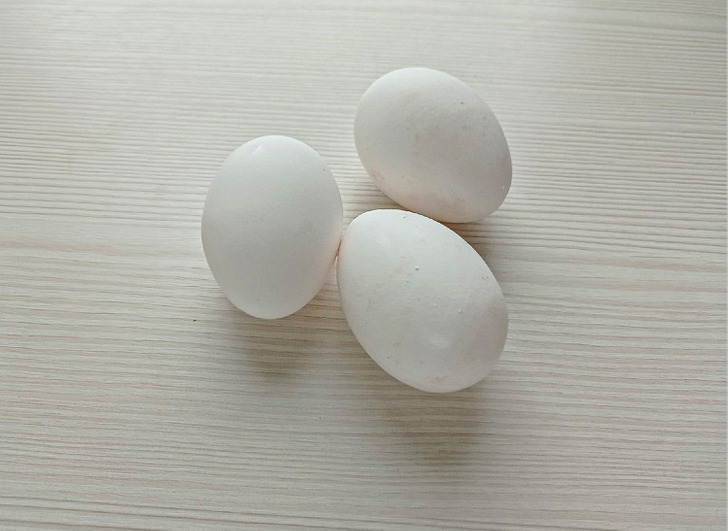
Since some raw eggs may contain Salmonella bacteria that are dangerous to human health, it’s recommended to cook eggs until they’re firm before consumption.
Experts recommend boiling or frying them until the whites and yolks are fully firm: they should reach a temperature of about 160°F inside. Use a food thermometer to check this. If you don’t have a thermometer, it’s best not to cook eggs in the microwave.
❗ Also remember that if you microwave eggs for a long time, they may explode.
Mushrooms
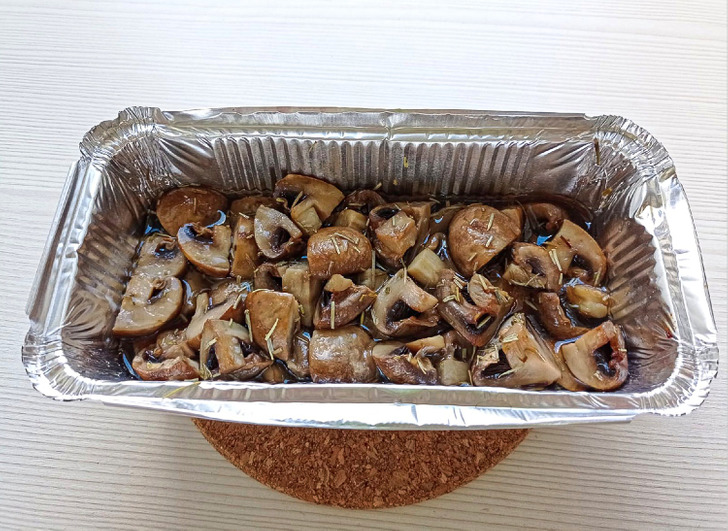
Cooked mushrooms spoil rather quickly, so it’s better to eat them immediately after cooking and not to reheat them.
If you still want to save the leftovers, put them in the fridge immediately after cooking but keep them there for no longer than 24 hours. Reheating mushrooms is safe if you do it at a temperature of 158°F.
Cream soup
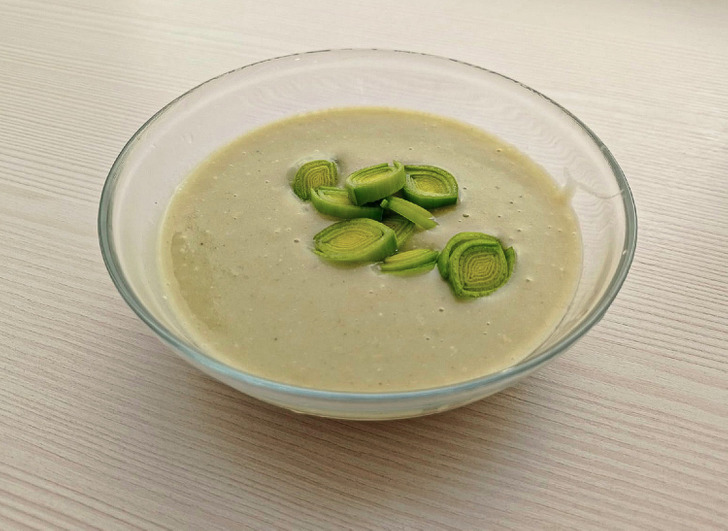
Don’t try to reheat thick soup in the microwave for a long time if you don’t want an explosion.
This can happen due to the fact that soup heats unevenly under the influence of electromagnetic waves. To avoid this, reheat your soup in short intervals (about a minute), stirring occasionally.
Red pasta sauce
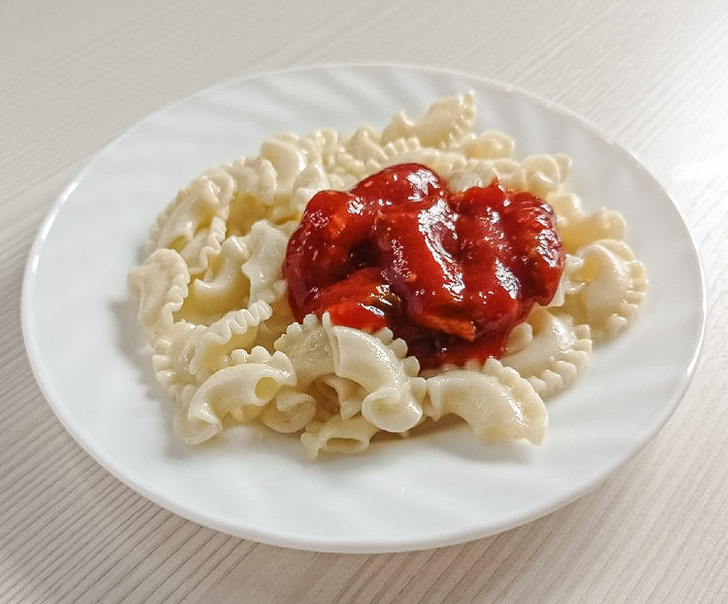
The red pasta sauce is too thick to microwave. Its consistency, when heated, prevents drops of steam from escaping. As a result, it accumulates under the surface making the sauce explode, splashing around.
To avoid splattering, you need to stir the sauce constantly, and this is not so easy to do in a microwave. Therefore, if you decide to reheat a dish with red pasta sauce, it’s better to use a stove.
Sausages
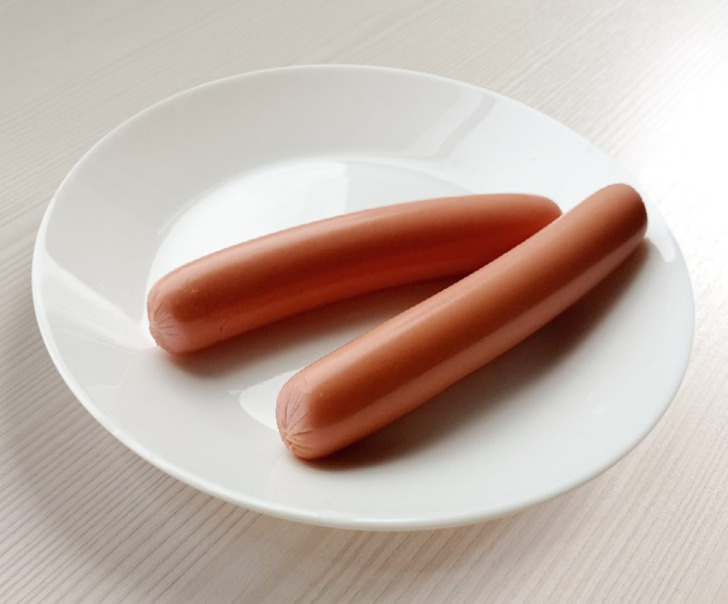
It’s better not to heat processed meat products at all, and we are talking not only about the microwave. The fact is that at high temperatures, cholesterol is oxidized in them. As a result, substances dangerous to the human body are formed in them.